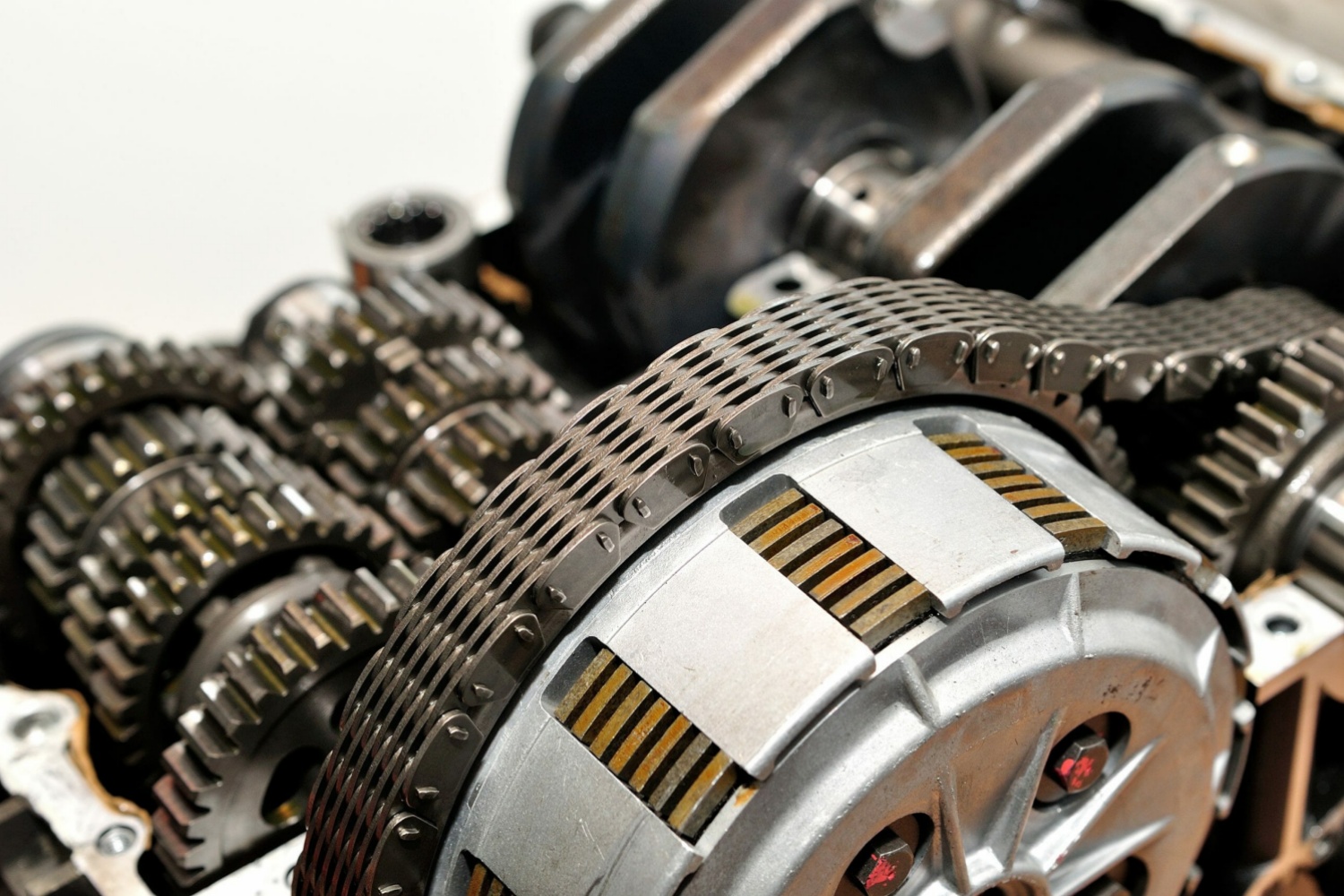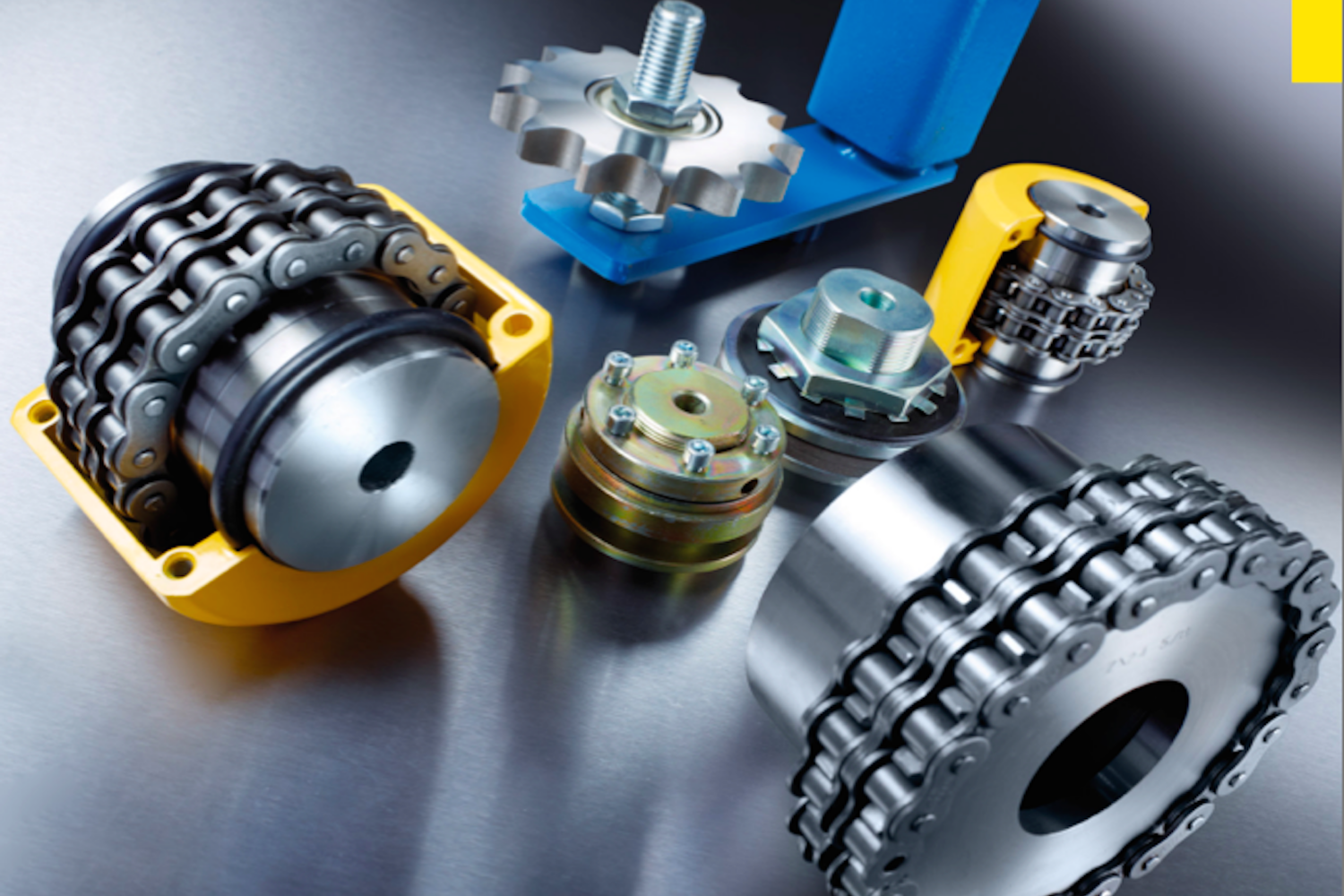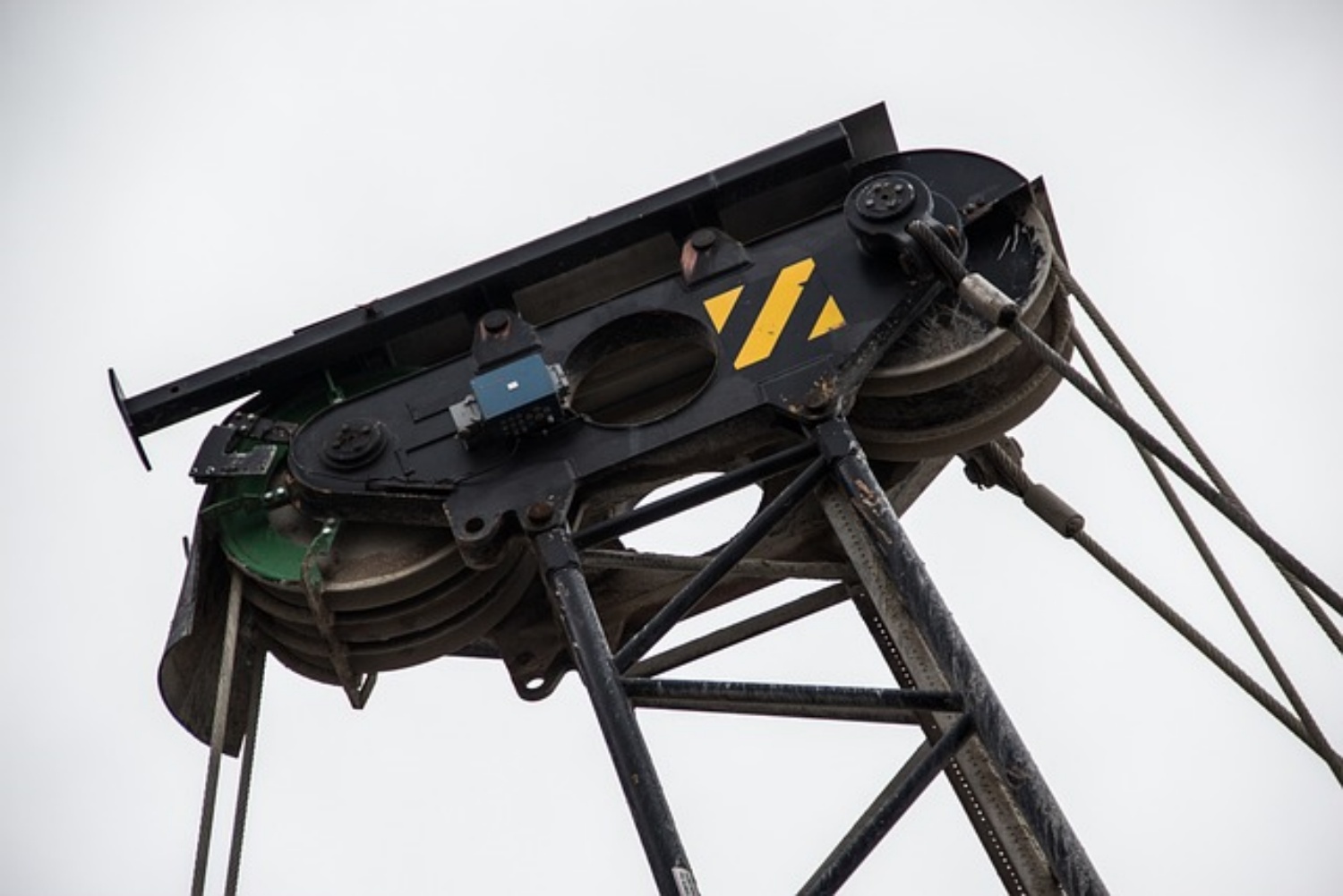Spline gears play a crucial role in ensuring the seamless transmission of power within various mechanical systems. To guarantee their optimal performance and longevity, it is essential to adhere to professional cleaning and maintenance practices. I’ll take you through the best ways to professionally clean and maintain splined gears, highlighting key techniques, industry standard procedures, and the importance of regular maintenance to maintain high performance and operating efficiency.
1. Understanding Spline Gear Functionality
Before delving into the intricacies of professional cleaning and maintenance, it is imperative to comprehend the fundamental functionality of spline gears within mechanical systems. Spline gears, with their interlocking ridges or teeth, facilitate the smooth transfer of torque and rotational motion between shafts. They are commonly utilized in diverse applications, including automotive transmissions, industrial machinery, and power tools. Understanding the essential role of spline gears establishes the foundation for implementing effective cleaning and maintenance strategies to uphold their performance and functionality.
2. Implementing Comprehensive Cleaning Protocols
Professional cleaning of spline gears necessitates a comprehensive approach that encompasses the removal of contaminants, debris, and foreign particles that may accumulate over time. This involves the use of specialized cleaning agents, solvents, and degreasers tailored to the specific material composition of the spline gears. By meticulously removing built-up residues and contaminants, professional cleaning protocols ensure that the spline gears operate optimally, free from obstructions or impediments that may hinder their performance.
3. Conducting Routine Inspections for Wear and Tear
Regular inspections are a vital component of professional maintenance practices for spline gears. By conducting comprehensive visual examinations, technicians can identify signs of wear, corrosion, or damage that may compromise the performance and structural integrity of the spline gears. These routine inspections enable early detection of potential issues, allowing for timely intervention and preemptive maintenance to address any underlying concerns before they escalate into critical mechanical failures.
4. Lubrication for Enhanced Performance
Proper lubrication is essential for minimizing friction and wear between the contacting surfaces of spline gears. Professional maintenance protocols emphasize the application of high-quality lubricants and greases specifically formulated for spline gear mechanisms. Effective lubrication not only reduces the risk of premature wear and deterioration but also enhances the overall operational efficiency and performance of the spline gears, ensuring smooth and seamless power transmission within the mechanical system.
5. Employing Non-Destructive Testing Techniques
Incorporating non-destructive testing techniques, such as ultrasonic testing and magnetic particle inspection, into the professional maintenance regimen enhances the diagnostic capabilities for identifying potential defects or irregularities within the spline gears. These advanced testing methods enable technicians to conduct thorough assessments of the internal and surface integrity of the spline gears without compromising their structural integrity or operational functionality. By employing non-destructive testing techniques, maintenance professionals can assess the condition of the spline gears with precision and accuracy, facilitating proactive maintenance interventions and ensuring continued high performance.
6. Precision Calibration and Alignment
Maintaining the precise calibration and alignment of spline gears is essential for guaranteeing their optimal performance and functionality within the mechanical system. Professional maintenance practices emphasize the meticulous calibration and alignment of the spline gears to ensure that they mesh accurately and operate seamlessly without excessive noise, vibration, or misalignment issues. By prioritizing precision calibration and alignment, maintenance professionals uphold the integrity and efficiency of the spline gears, enabling them to function at their full capacity and deliver consistent, reliable performance.
7. Preventative Maintenance Strategies
Preventative maintenance strategies form a cornerstone of professional spline gear maintenance, encompassing a proactive approach to identify and mitigate potential issues before they escalate into critical operational concerns. By establishing a regular maintenance schedule that includes routine inspections, cleaning, lubrication, and calibration, maintenance professionals can proactively address any emerging issues and implement corrective measures to prevent unexpected downtime or mechanical failures. These preventative maintenance strategies ensure that the spline gears remain in optimal working condition, contributing to the sustained high performance and longevity of the mechanical system.
8. Compliance with Industry Standards and Regulations
Adhering to established industry standards and regulations is imperative for maintaining the highest levels of quality, safety, and performance in spline gear maintenance. Professional maintenance practices incorporate adherence to industry-specific guidelines, quality standards, and regulatory requirements to ensure that the cleaning and maintenance procedures align with the best practices endorsed by the industry. By complying with industry standards and regulations, maintenance professionals uphold the reliability, durability, and operational integrity of the spline gears, fostering a culture of excellence and accountability within the maintenance process.
9. Collaboration with Experienced Maintenance Professionals
Collaboration with experienced and skilled maintenance professionals is instrumental in implementing professional cleaning and maintenance practices for spline gears. Leveraging the expertise and knowledge of seasoned maintenance technicians and engineers facilitates the adoption of industry-leading best practices and innovative maintenance solutions tailored to the unique operational demands of the spline gear system. This collaborative approach enhances the effectiveness and efficiency of the maintenance process, ensuring that the spline gears receive the highest standard of care and attention necessary to sustain their high performance and operational reliability.
10. Continuous Monitoring and Performance Evaluation
Professional maintenance of spline gears entails continuous monitoring and performance evaluation to assess the effectiveness of the implemented maintenance strategies and identify any areas for improvement or optimization. By integrating real-time monitoring systems and performance evaluation protocols, maintenance professionals can track the operational efficiency and performance metrics of the spline gears, enabling them to make informed decisions and adjustments to the maintenance approach as needed. Continuous monitoring and performance evaluation promote a proactive and adaptive maintenance framework that prioritizes the sustained high performance and longevity of the spline gears within the broader mechanical system.
Professional cleaning and maintenance of spline gears are pivotal in preserving their high performance, functionality, and longevity within diverse mechanical systems. By adhering to comprehensive cleaning protocols, conducting routine inspections, ensuring proper lubrication, employing non-destructive testing techniques, prioritizing precision calibration and alignment, implementing preventative maintenance strategies, complying with industry standards and regulations, collaborating with experienced maintenance professionals, and embracing continuous monitoring and performance evaluation, maintenance professionals can uphold the reliability, efficiency, and operational excellence of spline gears, ensuring their seamless integration and optimal performance within the mechanical framework.
CONTINUE READING
Related Posts
Roller chain couplings are integral components in various industrial applications, facilitating efficient power transmission between shafts. Their economic impact and […]
Roller chain couplings are widely employed in various industrial applications to efficiently transmit power between two shafts. Understanding their advantages […]
In the world of mechanical engineering, the importance of power transmission components cannot be overstated. Among these, V-pulleys play a […]





